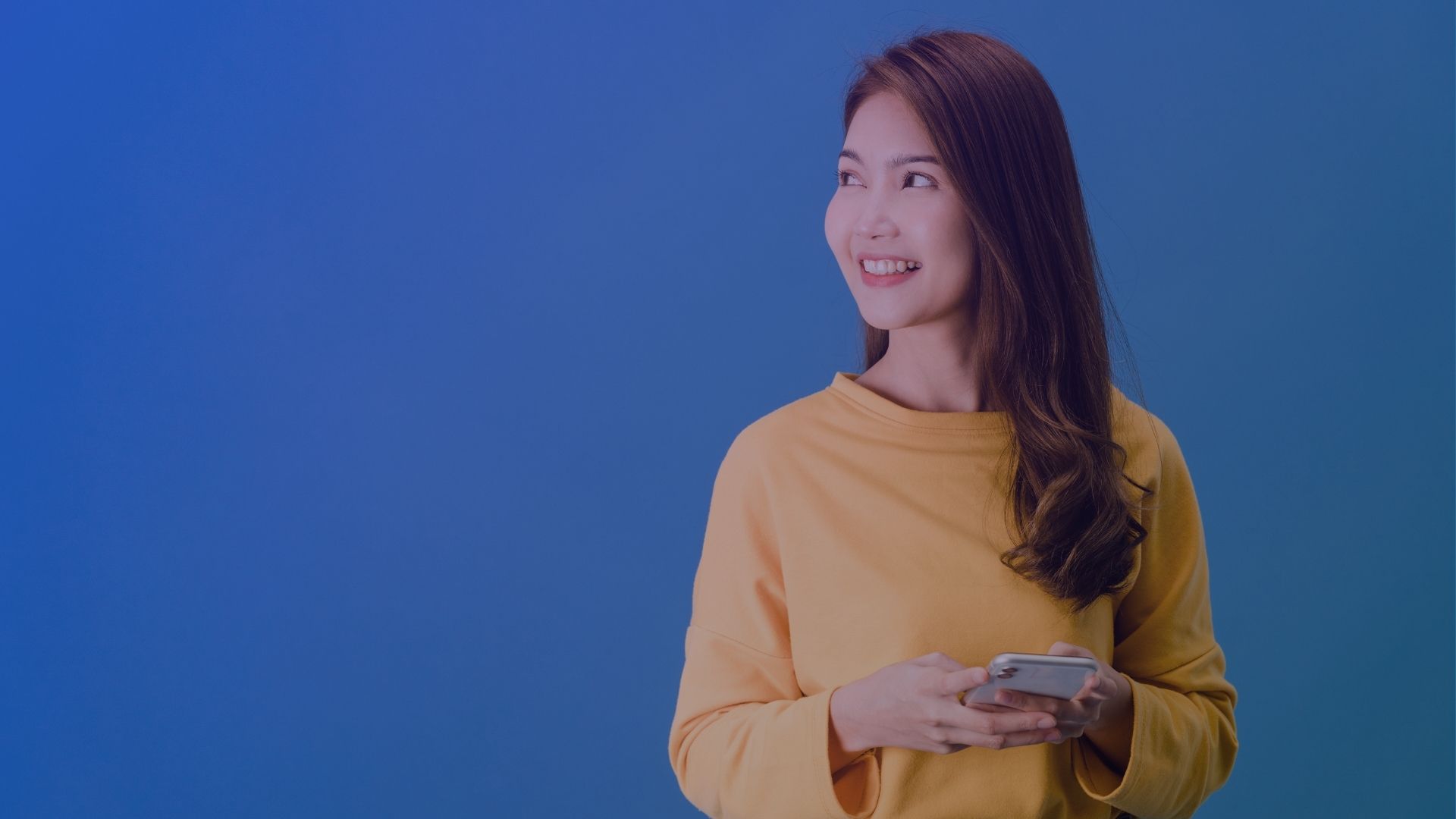Why does Instagram give me anxiety? It’s a question many of us have pondered while endlessly scrolling through curated feeds of seemingly perfect lives. In our hyper-connected world, where social media reigns supreme, the answer is both complex and deeply rooted in the way these platforms interact with our psychological well-being.
Social Networking Revolution in Real Life
The evolution of social networking sites has revolutionized the way we communicate and interact. Starting from the early days of MySpace and Facebook, social media quickly became an integral part of our daily lives. By 2010, Instagram entered the scene, offering a platform solely dedicated to visual content. It capitalized on our brain’s reward center, providing instant gratification with each “like” and comment.
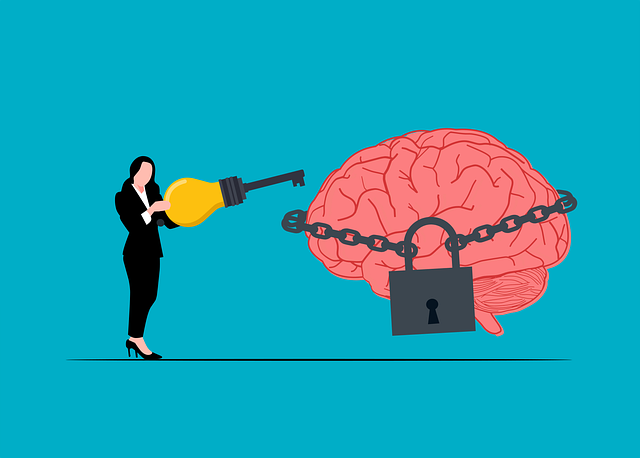
Social media use skyrocketed, especially among young people, who were drawn to the allure of sharing content and staying connected. As the app grew, it began to shape societal norms around body image, self-esteem, and social interaction. For many, posting a photo was not just a way to share a moment but a means to seek validation and approval from peers.
Previous studies have highlighted the double-edged sword of social networking. While these platforms offer a way to stay connected and share experiences, they also open the door to social comparison and the constant pressure to present an idealized version of life. This can lead to significant psychological distress, manifesting as anxiety, depressive symptoms, and low self-esteem.
The emphasis on curated, picture-perfect moments can create a distorted sense of reality. Young adults, in particular, are vulnerable to these effects, as they are still developing their sense of self and place in the world. The constant exposure to filtered lives can make real life seem less exciting, leading to feelings of inadequacy and dissatisfaction.
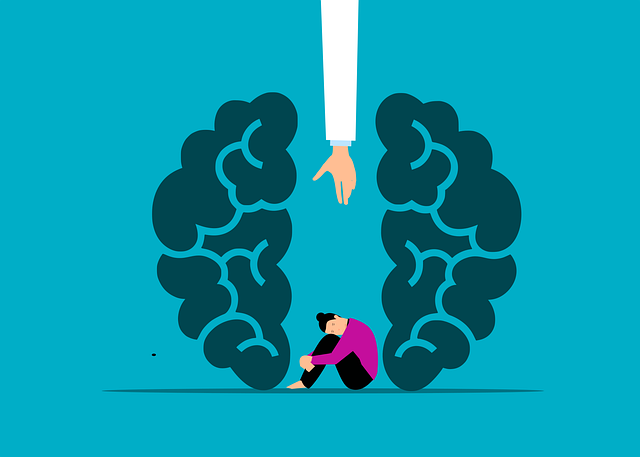
Social media users often find themselves in a cycle of seeking instant gratification through likes and comments, only to experience negative feelings when these are not received in expected quantities. This cycle can lead to poor mental health, with many reporting increased levels of social anxiety and depressive symptoms linked to their social media habits.
The public health implications of this are profound. As more young people spend significant amounts of time on these platforms, the need to address the negative impact on their psychological well-being becomes ever more urgent. Parents, educators, and mental health professionals must work together to mitigate these effects, encouraging healthier social interactions and promoting a more balanced approach to social media use.
As we navigate the complexities of our digital lives, it’s crucial to remember that behind every post and double tap is a real person, often grappling with the same fears and insecurities. By fostering a more empathetic and mindful online environment, we can hope to reduce the psychological distress caused by these powerful yet imperfect tools.
Mental Health Factors on Instagram
The Role of Social Comparison in Instagram Anxiety
Why does Instagram give me anxiety? A key factor is social comparison. When users scroll through their feeds, they often compare their lives to the curated, idealized posts of others.
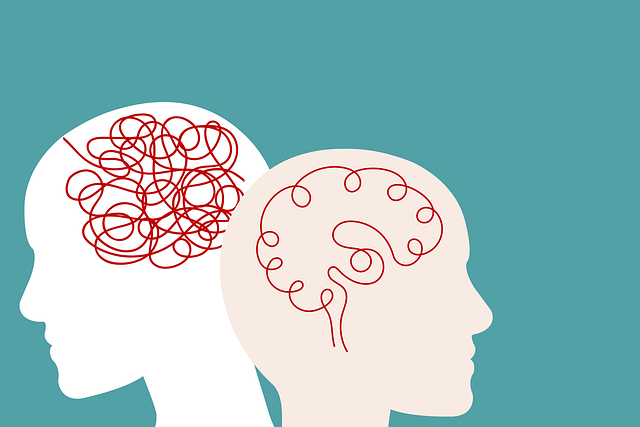
This constant comparison can lead to feelings of inadequacy and body dissatisfaction. For instance, seeing a friend’s vacation pictures or a celebrity’s perfect physique can trigger negative feelings about one’s own life and appearance. This can significantly impact mental health, leading to social anxiety and depressive symptoms.
Social media amplifies the tendency to compare oneself with others, making it hard to maintain a healthy self-esteem. To mitigate this, it’s essential to remember that these posts represent only the highlights, not the full reality of someone’s life.
The Impact of Instagram on Body Image and Self-Esteem
Body dissatisfaction is a common issue among Instagram users, particularly women. The platform’s visual nature places a strong emphasis on appearance, often glorifying unrealistic beauty standards. This can lead to a negative impact on self-esteem and overall well-being.
For example, influencers and celebrities often post highly edited pictures that set unattainable standards. Seeing these images regularly can make people feel anxious about their own bodies, leading to poor mental health outcomes.
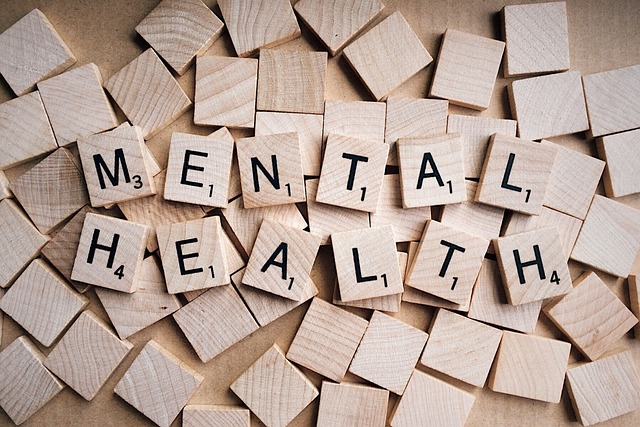
Personal experience and previous studies show that reducing social media use or following more body-positive accounts can help alleviate some of these pressures.
The Pressure of Maintaining an Idealized Online Persona
Maintaining an idealized version of oneself on social media can be exhausting and anxiety-inducing. Users often feel compelled to post content that aligns with societal standards of success and happiness.
This pressure can lead to Instagram anxiety, as people tend to worry about the number of likes and comments they receive on their posts.
For instance, a young adult might spend hours editing a photo to perfection before sharing it, hoping to receive validation from their peers. This constant need for approval can lead to anxiety disorders and depression. Understanding that one’s worth is not defined by social media metrics is crucial for mental health.
The Effects of Instant Gratification on Mental Health
Instagram’s design taps into the brain’s reward center by providing instant gratification through likes and comments.
This feel-good chemical reaction can become addictive, leading to excessive social media use. However, when the expected validation is not received, it can result in feelings of rejection and low self-esteem. For example, a teenager might feel elated when a post receives numerous likes but experience a significant drop in mood if a subsequent post does not perform as well.
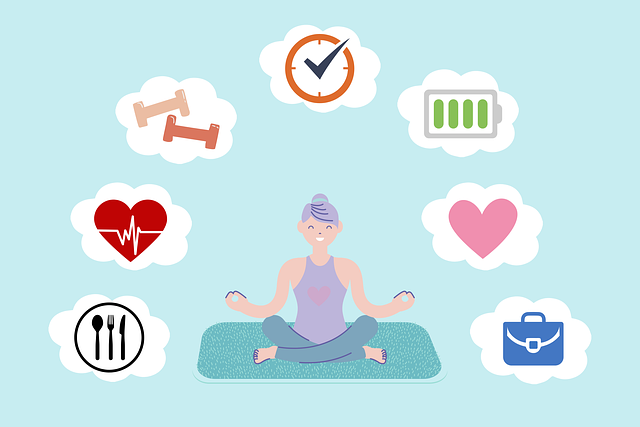
This cycle of highs and lows can have a detrimental effect on psychological well-being, contributing to anxiety and depression.
The Role of Fear of Missing Out (FOMO) in Instagram Anxiety
Fear of missing out (FOMO) is another factor contributing to Instagram anxiety. Seeing friends and acquaintances engaging in social activities or achieving milestones can make individuals feel left out or inadequate.
This fear can lead to increased anxiety and a sense of urgency to stay constantly connected, often at the expense of real-life interactions and mental health. For example, a person might feel anxious seeing posts of a party they weren’t invited to, leading to feelings of exclusion and low self-worth.
Addressing FOMO involves recognizing its impact on mental health and learning to prioritize real-life connections over virtual ones.
The Impact of Negative Feedback and Cyberbullying
Negative feedback and cyberbullying are significant issues on Instagram that can severely impact mental health. Receiving hurtful comments or experiencing online harassment can lead to social anxiety, depression, and a sense of helplessness.
For instance, a teenager might feel devastated after receiving negative comments on their appearance, leading to a decline in self-esteem and increased anxiety. Similarly, the normalization of habits like using nicotine pouches to cope with stress highlights the importance of addressing unhealthy coping mechanisms alongside social media’s mental health impact.
It’s crucial for users to develop coping mechanisms and seek support from friends, family, or mental health professionals. Additionally, utilizing Instagram’s tools to block or report abusive accounts can help maintain a safer online environment.
The Influence of Social Media on Sleep and Daily Routine
Excessive social media use, particularly before bedtime, can disrupt sleep patterns and negatively impact mental health. Scrolling through Instagram late at night can lead to reduced sleep quality and increased anxiety.
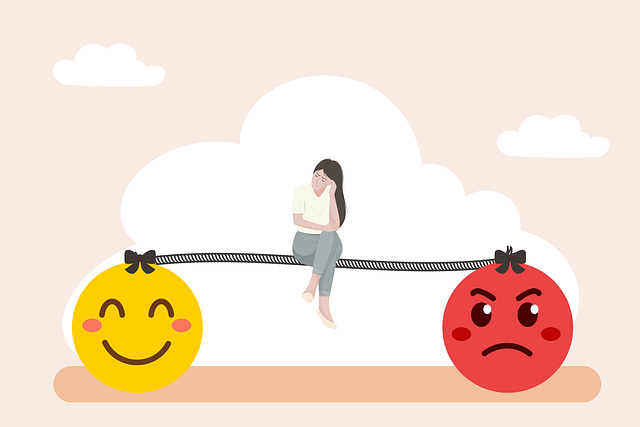
For example, a person might stay up late browsing posts, leading to sleep deprivation and decreased productivity the next day.
This lack of sleep can exacerbate feelings of anxiety and depression. Establishing a healthy routine, such as setting specific times for social media use and creating a bedtime ritual free of screens, can help improve sleep and overall well-being.
Strategies to Manage Instagram Anxiety and Promote Well-Being
Managing Instagram anxiety involves implementing strategies to promote mental health and well-being. One effective approach is to limit social media use, setting boundaries to prevent excessive scrolling.
Engaging in real-life social activities and building meaningful relationships offline can also help counteract the negative effects of social media.
Additionally, curating one’s feed to include positive and supportive content can improve emotional response and reduce anxiety. For example, following accounts that promote body positivity and mental health awareness can create a more uplifting online experience.
Personal experience and previous studies suggest that taking regular breaks from Instagram can lead to improved mental health and a more balanced life.
Pros and Cons of Limiting Social Media Use
Pros
- Improved Mental Health: Reducing social media use can significantly decrease the risk of developing mental health issues such as anxiety and depression. By focusing less on their own page and more on real-life interactions, individuals can experience improved well-being.
- Better Sleep Quality: Limiting time spent on apps and phones, especially before bedtime, can lead to better sleep patterns. This contributes to overall physical and mental health, helping individuals feel more rested and less anxious.
- Increased Productivity: With less time spent scrolling through the internet, individuals can focus more on their personal and professional goals. This increased focus can lead to greater productivity and a sense of accomplishment.
- Strengthened Real-Life Relationships: Spending more time engaging in face-to-face interactions with a good friend or family can enhance relationships. This can create a stronger support system and improve overall happiness.
- Enhanced Control Over Emotions: By stepping away from the constant stream of news and updates, individuals can regain control over their emotional responses. This can lead to a more stable and positive outlook on life.
Cons
- Feeling Disconnected: One major drawback is the feel bad sensation of missing out on social interactions and updates. This can make individuals feel out of the loop and less connected to their peers and society.
- Limited Access to Information: Social media often serves as a primary source of news and current events. Reducing usage might lead to less awareness of important global and local events.
- **Less Entertainment and Fun: Social media provides a platform for entertainment and fun. Limiting its use might reduce access to enjoyable content, leading to boredom or a need to find other ways to be entertained.
- Challenges in Staying Connected: For those who rely on social media to maintain connections with distant friends and family, reducing usage can make it harder to stay in touch. This is especially true for those living far from loved ones.
- Adjustment Period: The transition to using social media less can be difficult and uncomfortable. It requires finding a new balance and developing habits to replace the time previously spent online, which can be challenging for the most part.
By weighing these pros and cons, individuals can make informed decisions about their social media use and its impact on their mental health issues and overall quality of life.
How Can Social Media Users Overcome Instagram Anxiety

Limit Time Spent on Instagram
To combat Instagram anxiety, set daily limits on your social media use. Apps like Instagram and Facebook have built-in features to track usage and set reminders. Limiting screen time helps reduce negative impact on mental health and psychological well being. For example, allocate specific times for posting and browsing, and avoid checking your phone before bed to improve sleep quality.
Curate Your Feed Mindfully
Follow accounts that uplift and inspire you, and unfollow those that contribute to low self esteem or poor mental health. Curating your feed to include positive content can enhance your sense of well being. For example, follow mental health advocates, body-positive influencers, and friends who share uplifting posts. This creates a more supportive and less anxiety-inducing environment.
Focus on Real-Life Connections
Prioritize face-to-face interactions over online ones to strengthen real-life relationships and reduce social anxiety. Spend more time with friends and family, engaging in activities that bring joy and fun. For example, schedule regular meetups or calls with loved ones. This shift in focus from virtual to real-life connections can improve your overall mental health and well being.
Practice Digital Detoxes
Regularly disconnecting from social media can help reset your mind and reduce anxiety. A digital detox involves taking breaks from all online platforms, allowing you to reconnect with the real life. For example, dedicate one day a week to being offline, spending that time on hobbies or outdoor activities such as paintballing (even get some tactical gear if you need it!) This practice can significantly improve your psychological well being.
Seek Professional Help if Needed
If Instagram anxiety severely affects your mental health, consider seeking professional help. Therapists and counselors can provide strategies to manage anxiety and improve self esteem. For example, Cognitive Behavioral Therapy (CBT) can help reframe negative thoughts associated with social media. Parents can also encourage their children to talk to a mental health professional if they notice signs of poor mental health.
Use Instagram’s Privacy Settings
Adjusting privacy settings can help you feel more in control of your social media experience. Limit who can see your posts and interact with you. For example, make your account private, block negative users, and disable comments on certain pictures. These steps can reduce social anxiety and create a safer online space.
Be Honest and Authentic Online
Posting authentic content rather than curated perfection can reduce feelings of inadequacy and instant gratification dependency. Share real moments, challenges, and successes to foster genuine connections. For example, instead of only sharing highlights, post about daily life struggles and achievements. This honesty can inspire others and reduce the pressure to present an idealized image.
Educate Yourself About Social Media’s Effects
Understanding how social media affects mental health can help you navigate its use more mindfully. Talk to experts, read articles, and participate in discussions about the negative impact of social media. For example, learn about how instant gratification can affect your brain and self esteem. This knowledge can empower you to make healthier choices online.
Future Implications
As we look to the future, it’s essential to consider how the relationship between social media and mental health might evolve. The question “why does Instagram give me anxiety?” will likely remain relevant, but the landscape will undoubtedly shift as technology and social media platforms continue to develop.
One possible trend is the increasing awareness and integration of mental health support within social media platforms. Companies like Instagram and Facebook might implement more features designed to monitor and improve users’ psychological well being. For instance, future apps could include real-time alerts that detect signs of poor mental health or social anxiety, providing users with resources or suggesting they talk to a good friend or a mental health professional.
We may also see a shift in how instant gratification affects self esteem and overall well being. As users become more aware of the negative impact of seeking validation through likes and comments, platforms might evolve to emphasize meaningful interactions over superficial engagements. This could involve changes in how posts are displayed or the development of new metrics that prioritize genuine connection over popularity.
Furthermore, as parents and educators become more attuned to the impact of social media on young people’s mental health, there will likely be an increased focus on digital literacy education. Teaching children and adolescents about the potential dangers of low self esteem, instagram anxiety, and social anxiety from a young age could help build resilience and healthier online habits. For example, schools might incorporate lessons on managing social media use and understanding the difference between online personas and real life.
Technological advancements could also lead to more personalized social media experiences. Algorithms might evolve to create feeds that promote positive feelings and psychological well being. This personalization could help mitigate some of the adverse effects of social comparison and low self esteem by curating content that supports and uplifts users rather than contributing to anxiety and depression.
Another significant challenge will be addressing the sense of disconnection that can come from limiting social media use. While reducing screen time
has clear benefits for mental health, finding a balance that allows people to stay connected without the negative impacts of excessive use will be crucial. Future strategies might include hybrid approaches that combine online and offline interactions to foster a sense of community and support. For instance, social media platforms could encourage more real-world meetups and activities, integrating digital connections with tangible social experiences.
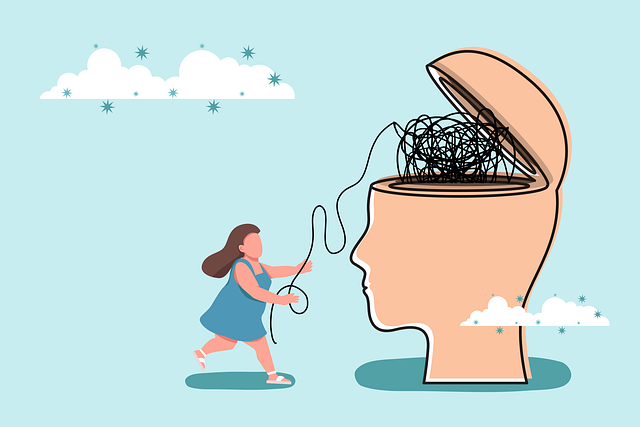
The role of technology in the mental health sphere might also expand beyond social media. Innovations in wearable devices and phone applications could provide users with more detailed insights into how their online behaviors affect their well being. These devices could track sleep patterns, screen time, and emotional responses, offering personalized feedback and recommendations to help users manage their social media use more effectively.
Moreover, the future implications of social media will be influenced by broader societal changes. As public discourse around mental health continues to grow, there will likely be greater advocacy for policies that protect users from the negative impacts of platforms like Instagram. This might include regulations around advertising, especially those targeting women and young people, to reduce the pressure of unrealistic beauty standards and other harmful content.
Finally, as our understanding of the digital world deepens, there will be ongoing research into the long-term effects of social media on psychological well being. Future studies could uncover new insights into how platforms influence self esteem, social anxiety, and other mental health issues, guiding the development of more effective interventions and support systems.
In conclusion, the future of social media and mental health will be shaped by a combination of technological innovation, educational efforts, and policy changes. By addressing the challenges and leveraging the opportunities outlined above, there is hope for creating a more balanced and supportive digital environment that enhances, rather than detracts from, our overall well being and personal opinion.
How To Improve Poor Mental Health After Too Much Social Media Use
Establish a Digital Detox Routine
Implementing regular digital detoxes can significantly improve mental health. Schedule specific days or hours each week to disconnect from all social media platforms. For example, dedicate weekends to outdoor activities, reading, or hobbies without using your phone. This practice allows your mind to rest and reduces the negative impact of constant online engagement on your psychological well being.
Engage in Physical Activities
Physical exercise is a proven way to enhance mental health and combat the effects of excessive social media use. Incorporate daily workouts, such as jogging, yoga, or dancing, into your routine. These activities release endorphins, the body’s natural feel-good chemicals, which can improve mood and overall well-being. For instance, joining a local sports club can also provide social interaction and support.
Foster Real-Life Social Connections
Prioritize face-to-face interactions with friends and family to mitigate the effects of social anxiety caused by social media. Organize regular meetups, dinners, or group activities to strengthen these bonds. Real-life connections offer emotional support and a sense of belonging, which are crucial for improving mental health. For example, attending community events can help you feel more connected and less isolated.
Practice Mindfulness and Meditation
Mindfulness and meditation can significantly reduce anxiety and improve psychological well being. Set aside time each day to practice mindfulness techniques or guided meditation. These practices help center your thoughts, reduce stress, and enhance emotional resilience. For example, apps like Headspace and Calm offer accessible guided meditations that can be incorporated into your daily routine.
Limit Screen Time Before Bed
Reducing screen time, especially before bed, can improve sleep quality and overall mental health. Create a bedtime routine that excludes social media and other electronic devices at least an hour before sleep. Instead, engage in relaxing activities like reading or listening to soothing music. This practice helps calm your mind and prepares your body for a restful night’s sleep.
Seek Professional Counseling
If social media use has led to significant mental health issues, seeking professional counseling is a beneficial step. Therapists can provide strategies to manage anxiety, depression, and low self esteem. For example, Cognitive Behavioral Therapy (CBT) is effective in altering negative thought patterns related to social media use. Talk to a mental health professional to find the best approach for your needs.

Set Clear Boundaries for Social Media Use
Establishing clear boundaries for social media use can help improve psychological well being. Decide specific times of day for checking social media and stick to these limits. This practice prevents mindless scrolling and reduces the negative impact of excessive use. For example, avoid using social media during meals or family time to stay present and engaged in real-life interactions.
Develop New Hobbies and Interests
Exploring new hobbies and interests can divert attention from social media and improve mental health. Engage in activities that bring joy and fulfillment, such as painting, gardening, or learning a musical instrument. These hobbies provide a sense of achievement and satisfaction that can counteract the feelings of inadequacy often fueled by social media. For instance, joining a hobby group can also expand your social circle.
Create a Supportive Online Environment
Curate a positive and supportive online environment by following accounts that promote well being and psychological well being. Unfollow or mute accounts that trigger negative feelings or low self esteem. Engage with content that inspires and uplifts you. For example, follow mental health advocates and body-positive influencers who share encouraging and realistic perspectives.
Practice Gratitude and Positive Affirmations
Incorporating gratitude and positive affirmations into your daily routine can enhance mental health and combat the negative effects of social media. Start a gratitude journal where you write down things you are thankful for each day. Practice positive affirmations to boost self esteem and reinforce a positive self-image. For instance, each morning, affirm statements like “I am enough” and “I am worthy of love and respect.”
Key Takeaways
- Limiting screen time and scheduling regular digital detoxes can significantly improve mental health.
- Engaging in physical activities releases endorphins that boost mood and well-being.
- Fostering real-life social connections can mitigate the effects of social anxiety caused by social media.
- Practicing mindfulness and meditation helps reduce anxiety and enhance psychological well-being.
- Reducing screen time before bed can improve sleep quality and overall mental health.
- Seeking professional counseling can provide effective strategies to manage anxiety and depression related to social media use.
- Setting clear boundaries for social media use prevents mindless scrolling and reduces negative impacts.
- Developing new hobbies and interests can divert attention from social media and improve mental health.
- Curating a supportive online environment by following positive accounts can enhance well-being.
- Practicing gratitude and positive affirmations daily boosts self-esteem and counteracts negative effects of social media.
Conclusion
Addressing Instagram anxiety requires a multifaceted approach, including limiting screen time, engaging in real-life activities, and seeking professional help if needed. By implementing these strategies, you can significantly improve your mental health and well-being. Now it’s your turn to take control and make positive changes! We hope that your social anxiety will go away – and you’ll enjoy a great, stress-free social media usage.
FAQ on Why Does Instagram Give Me Anxiety
Why does Instagram cause me anxiety?
Instagram causes anxiety by fostering social comparison, leading to feelings of inadequacy and low self-esteem.
How to get rid of Instagram anxiety?
To reduce Instagram anxiety, limit your screen time, curate a positive feed, and engage in mindfulness practices.
Why does Instagram make me feel worse?
Instagram can make you feel worse by promoting unrealistic standards and constant comparisons to others’ curated lives.
Why can Instagram cause a lot of stress?
Instagram causes stress by creating pressure to maintain an idealized online persona and seek instant gratification through likes and comments.






